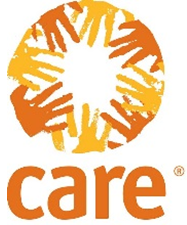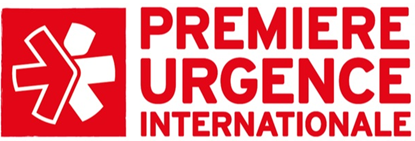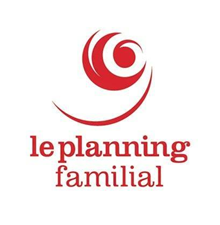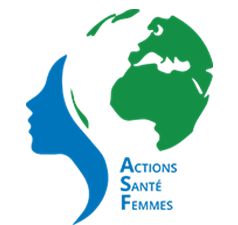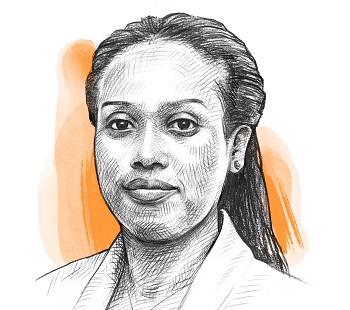MPACOS – Putting patients at the centre of primary healthcare
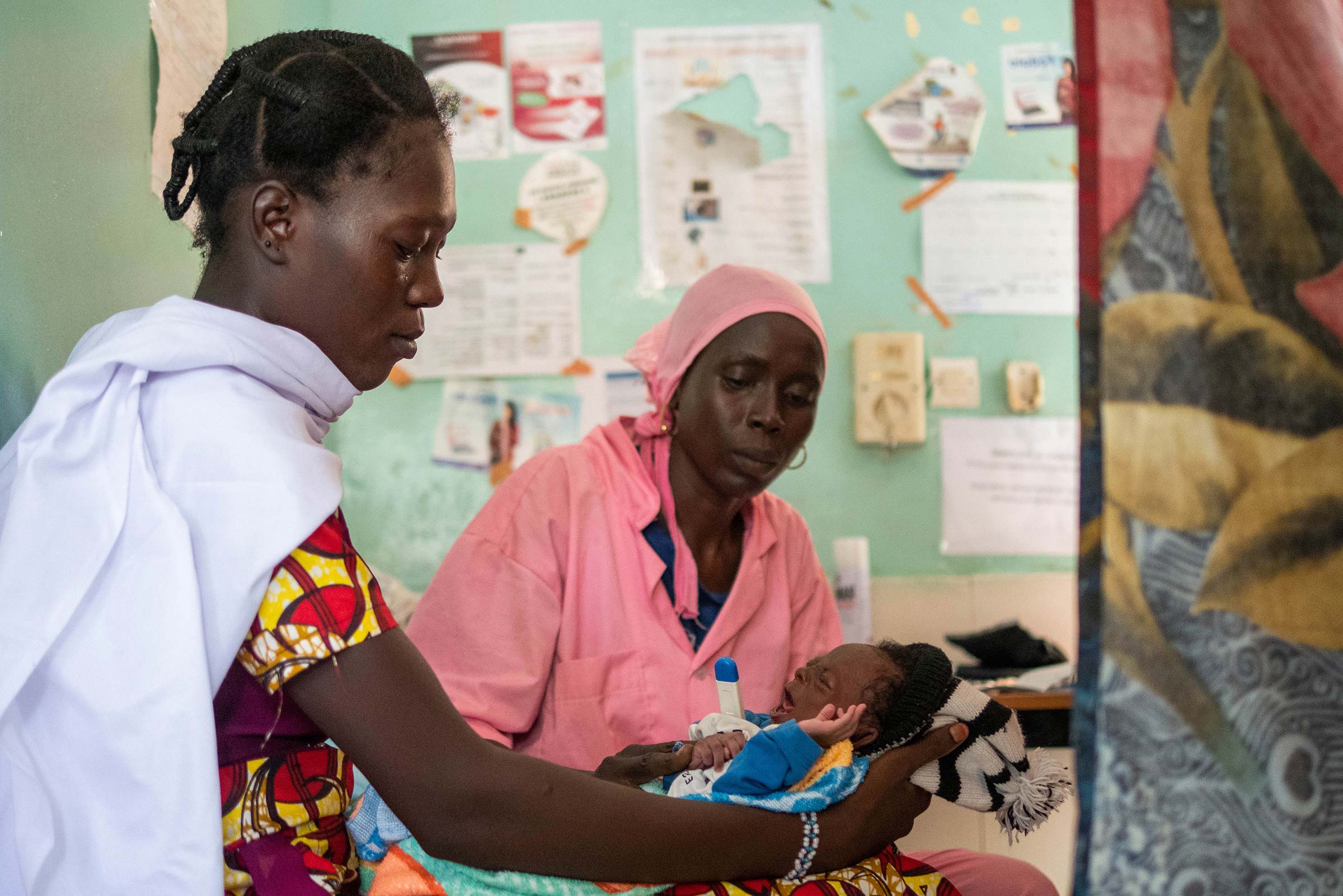
Objective
-
€4mBUDGET
-
01/06/2019PROJECT START
-
36 monthsDURATION
Maternal and child health, a priority for the Chadian Ministry of Public Health
With a maternal mortality rate of 860 deaths per 100,000 live births and a child mortality rate of 72 per 1,000 under one year of age and 133 per 1,000 under five years of age, Chad has one of the highest maternal and child mortality rates in the world. This is partly due to the low use of reproductive health services. Early marriages (69.1% before the age of 18), combined with many early pregnancies, considerably increase the risk of maternal death. In addition, the children of young mothers generally have a higher risk of death than the children of older mothers. The persistent rumours about contraceptives, religious and cultural beliefs, the social and economic status of women and often the opposition of the spouse or family are all major barriers to access to reproductive health services for women, particularly adolescent girls.
Chad’s National Health Policy (PNS) 2016-2030 is fully in line with “Vision 2030, the Chad we want” and the Sustainable Development Goals (SDGs). It aims to provide Chad with an effective and resilient health system by 2030, with optimal care for all the health needs of people living in the country, particularly the poorest and most vulnerable. PNS puts the health of mothers and children at the centre of all the operations.
Expertise France working on projects to support maternal and child health in Chad
Since 2009, Expertise France has been implementing projects to support maternal, newborn and child health in Chad with AFD financing:
• PASST 1, from 2009 to 2014;
• PASST 2, from 2016 to 2020, EUR 10m, including EUR 3.4m managed by Expertise France.
 Find out more about the Health Sector Support Project (PASST 2)
Find out more about the Health Sector Support Project (PASST 2)
For further reading: Reproductive health in Chad: a fortnight to raise awareness against the “4 TOOs”
The MPACOS project complements and continues Expertise France’s support in this field. It aims to contribute to the implementation of the Government’s health policy by improving access to quality basic health services, with a reduction in mortality and morbidity among mothers, children and adolescents.
Financed by AFD with EUR 4m over a 3-year period, MPACOS involves a consortium of 5 complementary stakeholders which are responsible for the implementation. As the contracting authority, Expertise France has decided to delegate the contracting authority for certain components of the project to international NGOs, including Première Urgence Internationale (PUI) for Ouaddaï and Care France for Moyen-Chari. The NGO Action Santé Femmes (ASF) and French Movement for Family Planning (MFPF) are also working on “buddy” missions with healthcare providers in the fields of sexual and reproductive health (SRH) and women’s rights.
MPACOS: A project based on 3 components
Component 1: Strengthen governance and the health system
It involves assisting the management teams in the health districts (HDs) and provincial health delegations (PHDs) with the implementation of effective and participatory planning processes for local health actions. Based on a diagnostic of needs, the project will build the management, planning and coordination capacities of health administrations and facilitate greater participation by decentralised stakeholders (municipalities and communities) in the management of health issues.
Component 2: Improve services for maternal, newborn and child health and sexual and reproductive health, as well as for family planning
It involves improving the quality of the available provision by upgrading facilities and strengthening the skills of health staff in terms of technical expertise (obstetric and newborn care, hygiene and infection prevention) and interpersonal skills (non-judgemental listening, reception and referral).
As with the PASST2 project, the MPACOS project uses the “buddy” operating method whereby ASF health professionals and family planning professionals (gynaecologists/obstetricians, midwives…) assist their Chadian counterparts with care practices in order to build the capacities of health staff in a work situation.
Component 3: Improve healthcare demand
The project will carry out activities at community level to promote healthcare demand by improving the community’s knowledge about the available services, the warning signs and the importance of seeking care and establishing a dialogue on some of the main barriers to access to healthcare for women.


